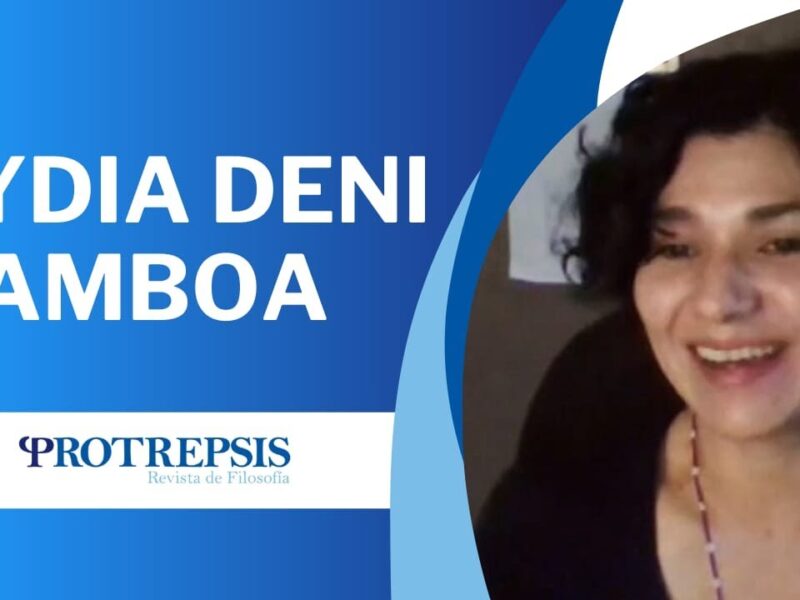At the General acim Conference of UNESCO held in Paris on 19th November, 1964, it was agreed that “a publication is a periodical if it constituted one issue in a continuous series under the same title” (Norman, 2008). Supporting this notion, a periodical literature is published at regular intervals over an indefinite period, individual issues in the series being unnumbered.
On this note, a periodical literature is a publication with a distinctive title which appears at stated or regular intervals without prior decision as to when the last issue shall appear. It contains articles, stories, or other writings by several contributors. Periodical literature is used in its narrower sense as indicating transactions and percentages of societies, daily newspapers magazines, scholarly journals, trade journals, review journals.
Like most underdeveloped and developing countries in the world inadequate funding of higher education libraries in Sierra Leone reflects on poorly developed periodical literature collection and as a result ineffective information service is provided to the dissatisfaction of users. Based on the value for research work in the academia, managing periodical literature in higher education libraries in Sierra Leone should be the need for a collection of standard periodical literature in academic libraries is necessary.
HIGHER EDUCATIONAL INSTITUTIONS IN SIERRA LEONE Sierra Leone operates a 6-3-3-4 system of education are subdivided into six(6) years at the primary level, three(3) years at the Junior Secondary level, three(3) at the Senior Secondary level, and a minimum of four(4) years at the tertiary level.
This sub-division allows the implementation of curriculum that takes account of the different pupils more fully. The general aim of education policy in Sierra Leone is to provide every child with an education which takes fully into an account: character development: his interest ability and aptitude; his emotional, psychological and physical well-being;
The manpower needs of the country; the equal importance of both academic and non-academic education; the need for a literature and numerate populace.; the economic resources of the state, so that his education can be of use to the country and at the same time provide opportunities for him to be successful in life.
Higher education is post-secondary education given in a university, college or polytechnique and is the stage of specialisation. The objectives of higher education vary according to the institution and course of study but generally include the acquisition physical and intellectual skills necessary for the development of both the individual and his society.
In Sierra Leone, higher educational institutions form the basis of educational advancement following the completion of secondary education. Higher education is the most effective means altering the outlook of people through the broadening of their horizon. Societal development to a large extent is dependent on the human resource empowerment and development.
Against this background, higher educational institutions play a pivotal role in developing the human resource to contribute positively and meaningfully to the socio-economic, political and educational development of Sierra Leone.


